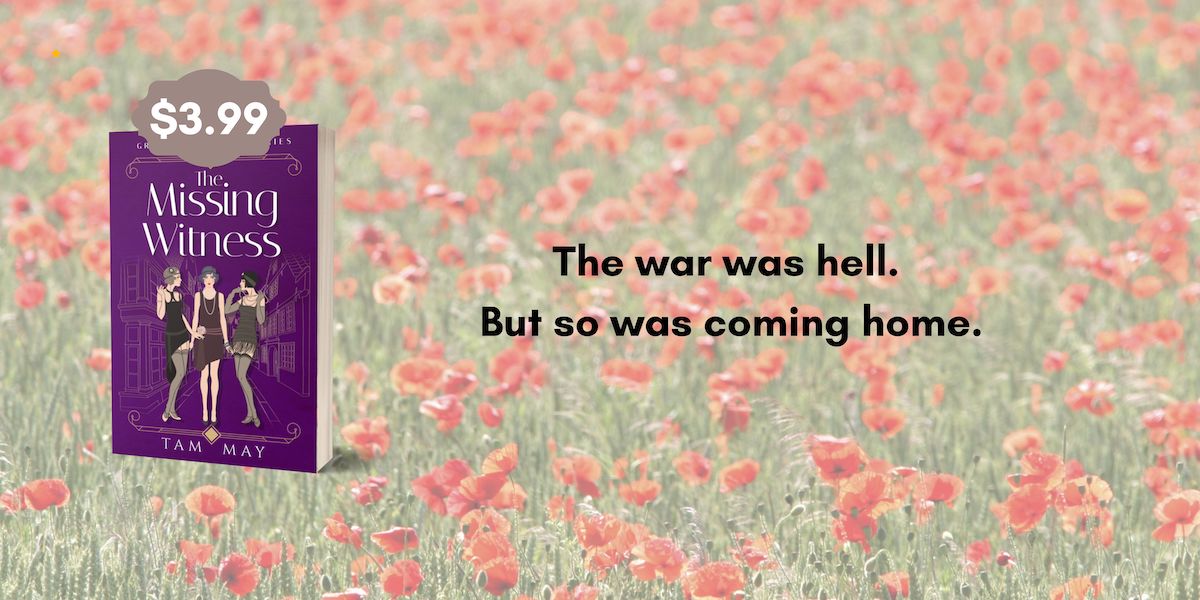Warning: Some spoilers
I’ve always been fascinated by classic true crime. Let’s face it, in the 21st century, we’re used to hearing about murder, rape, and theft in the news so there’s a “been there, done that” kind of feeling to them. But past crimes happened at a time when people just didn’t fathom such horrific things could ever happen. When I first read about the Leopold and Loeb trial in the 1920s (which I’ll blog about at some point), what struck me the most was not that two prominent young men killed an innocent boy but that they did it without a motive. This is something we’re familiar with today from the news, TV, and movies. But in the early 20th century, people just couldn’t understand how someone could kill another person without a motive.
Films based on true crimes are common these days, but during the Golden Age of Hollywood, they were rare. The 1940 film All This, and Heaven Too sounds like it should be a romance, and, in fact, it is. But it’s also based on a true crime. It has all the salacious details many of us love in a crime story: a beautiful but difficult noblewoman, an accomplished and morally questionable duke, an illicit romance, and murder.
The film has some heavy hitters in terms of stars from the 1940s. None other than Bette Davis stars as the governess Henriette Deluzy and leading man Charles Boyer as the Duke de Praslin. I must confess, these are not my favorite characters in this film. Though I love Davis, her Henriette is a watered-down version of some of her juicier roles from around that time (think: Jezebel and The Little Foxes). Her character is a little too sacrificial for my taste. Boyer, though charming, has, in my opinion, one of the least sexy voices in the world. His role is a little too much the “she doesn’t understand me” type of adultor.

Photo Credit: Cropped screenshot of Barbara O’Neil from All This, And Heaven Too, 1940: Wedg/Wikimedia Commons/PD US no notice
The stand-out for me in this film is Barbara O’Neil. If you’re not familiar with her name, you’ll doubtless know who she is when I tell you she was Scarlett’s mother. The year before this film, O’Neil played her best-known role, that of Ellen O’Hara in 1939’s Gone With The Wind. If you recall, her character is a martyr who loses her life helping the poor.
But O’Neil’s role in this film is entirely different and much more intricate. She plays the Duchess de Praslin and is, frankly, not the most pleasant of women. On the face of it, she resembles the stereotypical noblewoman of the separate spheres: fragile, always crying, and easily flying into hysterical fits. But she is tougher and sharper than everyone thinks. She notices immediately her husband’s growing affection for their children’s governess and isn’t afraid to confront both the Duke and Henriette about her suspicions. And she’s not afraid to take action about them either.
At the same time, we get insights into the miserable life she’s living. She’s terribly in love with her husband and only wants to share her life with him. But he rebuffs her again and again. He doesn’t hide the fact that he’s clearly bored with her and doesn’t love her. It also becomes clear no one in the house, including the children, has much respect for the duchess because they’re following the Duke’s lead. The Duchess’s attempts to reconcile with her husband fall by the wayside.
O’Neil plays the role to show us the duchess is both a victim and perpetrator. We can see how she drives her husband away with her suspicions and hysterics, but at the same time, we can also see how she wants to be a good wife to him and a good mother to her children if only he and others will let her.
Is the Duchess de Praslin a shrew or a woman scorned? You be the judge! On Friday, I’ll be starting a month-long series in my newsletter talking about the crime upon which All This and Heaven Too was based. To sign up, you can go to this link.
And if you’re hungry for more crime, you can check out The Carnation Murder, the first book of my Adele Gossling Mysteries coming out on April 30! It’s available for preorder right now at a special price, so check it out here.



